CBD for Autism – Exploring the Potential Benefits
Autism, a complex brain disorder, affects millions of individuals worldwide. There is currently no known cure for autism. Researchers and individuals alike are constantly seeking ways to manage its symptoms. To further improve the overall quality of life for those living with this condition. One emerging area of interest is the potential benefits of CBD (cannabidiol) in helping individuals with autism. In this article, we delve into the topic of CBD and its potential effects on autism, exploring the latest research and shedding light on this promising avenue for support.
Estimated reading time: 10 minutes
- Understanding Autism Spectrum Disorder (ASD)
- What does “Being on the spectrum” mean
- CBD for Autism in Children
- What is CBD for Autism
- Different levels of Autism
- Exploring the Potential of CBD for Autism
- CBD for Children Autism – Important Considerations and Future Research
- Conclusion – CBD for Autism
- FAQ – CBD for Autism
- The Real CBD products for Autism
Understanding Autism Spectrum Disorder (ASD)

Before delving into the potential benefits of CBD for autism, let's first understand the disorder itself. Autism Spectrum Disorder (ASD) brain condition characterized by challenges in social interaction, communication difficulties, repetitive behaviours, and restricted interests. It affects people differently, with a wide range of symptoms and severities.
ASD is a result from a combination of genetic and environmental factors. There is ongoing research aimed at unravelling its complexities. While treatment vary, they typically involve behavioural therapies, educational support, and sometimes medication to manage symptoms.
Let's dig a little deeper into what Autism means before we look at CBD for Autism
What does “Being on the spectrum” mean
People who have been identified with Autism Spectrum Disorder (ASD) or who are thought to have traits of autism are said to be on the spectrum. Autism is a complicated neurodevelopmental disorder that causes people to have trouble getting along with others, have trouble communicating, do the same things over and over, and have limited interests.
When we say that someone is “on the spectrum,” we mean that they have an autism disease. The word “spectrum” shows how different people can be in how they show and how bad their autism symptoms are. Autism is not a disease that affects everyone the same way. Instead, it affects each person in a different way. Some people may only have mild symptoms and be able to work well, while others may have more serious problems in their daily lives.
The spectrum includes a wide range of skills, strengths, and places where people have trouble. People on the spectrum may be good at math, music, or visual thinking, but they may have trouble with social contact, communication, processing sensory information, or changing their routines.
It's important to know that “on the spectrum” is not a bad or insulting thing to say. Instead, it takes into account and values the unique traits and situations of people with autism. The spectrum idea makes it easier to understand and accept that people with autism have a wide range of strengths and challenges.
Also, it's important to treat people on the spectrum with kindness, love, and acceptance. Each person with autism has their own skills and needs that are unique to them. By recognising and accepting the different kinds of autism, we can create a more accepting society that values and helps people with autism live lives that are full and important.
CBD for Autism in Children

After six months of treatment with cannabidiol-rich cannabis oil, children with autism spectrum disorders in Israel were able to communicate with other people much better, according to a study. Also, parents said that their kids did less of the same things over and over again. The children's scores on how smart they were did not change. Translational Psychiatry is where the work was written up.
What is CBD for Autism
CBD, or cannabidiol, is a naturally occurring compound found in the cannabis plant. Unlike its well-known cousin THC, CBD does not produce psychoactive effects or the feeling of being “high.” Instead, it offers a wide range of therapeutic benefits that can improve overall health and wellbeing.
CBD has been shown to be effective in treating a variety of conditions, from anxiety and depression to chronic pain and inflammation. In fact, many people are turning to CBD as a natural alternative to prescription medications, which can often have unwanted side effects.
CBD for the ECS
To truly appreciate the many benefits of CBD, it's crucial to grasp the underlying science that makes it all possible. CBD works in harmony with our body's endocannabinoid system (ECS), a highly sophisticated network of receptors, enzymes, and endocannabinoids that work in tandem to regulate vital bodily functions such as sleep, mood, appetite, and immune response.
CBD interacts with these receptors in a way that helps promote balance and homeostasis within the body. By doing so, it can help unlock a whole host of benefits that can make a real difference in our daily lives. With CBD on your side, you can experience a newfound sense of balance and harmony that can help you take on the challenges of the day with confidence and ease.
Different levels of Autism
Level 1: Mild Autism
Level 1 autism is referred to as “mild autism” or “high-functioning autism.” Individuals at this level typically exhibit noticeable impairments in social interactions and communication skills. They may struggle with initiating and maintaining conversations, understanding non-verbal cues, and building relationships. Additionally, they might engage in repetitive behaviors or have specific interests.

While individuals with mild autism may have average or above-average intelligence, they may face challenges in adapting to social norms and expectations. With the right support and interventions, individuals at this level can develop effective coping strategies and lead fulfilling lives. CBD for autism and people on the spectrum can be of help in various different ways
Level 2: Moderate Autism
Level 2 autism is characterized by more pronounced impairments in social interactions and communication skills. Individuals at this level may have a more limited ability to engage in reciprocal conversations, express emotions appropriately, and interpret social cues. They may rely on routines and sameness and demonstrate repetitive behaviors.
Individuals with moderate autism often require more substantial support and accommodations to navigate daily life. They may benefit from structured environments, visual aids, and specialized interventions tailored to their unique needs. With the right support, individuals at this level can make progress and achieve significant developmental milestones.
Level 3: Severe Autism
Level 3 autism, also known as “severe autism” or “low-functioning autism,” represents the most significant level of support needs within the autism spectrum. Individuals at this level typically experience substantial impairments in social interactions, communication, and behavior. They may have limited or no speech and struggle to engage in verbal or non-verbal communication.
Individuals with severe autism often display repetitive and self-stimulatory behaviors, exhibit extreme sensitivity to sensory stimuli, and face challenges with daily living skills. They may require constant support and specialized interventions to manage their specific needs and enhance their quality of life.
It's important to note that the levels of autism are not fixed or static. Individuals may progress or experience fluctuations in their abilities and support needs over time. Autism is a highly individualized condition, and each person's journey is unique.
Understanding the different levels of autism can foster empathy, acceptance, and tailored support for individuals on the spectrum. By recognizing and accommodating their strengths and challenges, we can create inclusive environments that promote their overall well-being and help them reach their full potential.
More about CBD
Exploring the Potential of CBD for Autism

CBD, a non-intoxicating compound derived from the cannabis plant, has gained significant attention in recent years for its potential therapeutic properties. Research on CBD for autism and children autism, is still in its early stages, initial findings suggest that CBD may hold promise as a complementary approach in managing autism.
- Reducing Anxiety and Improving Behaviour: Anxiety is a common challenge among individuals with autism. Preliminary studies indicate that CBD for autism may help alleviate anxiety symptoms, leading to improved behaviour and enhanced social interactions. By targeting the endocannabinoid system, CBD interacts with receptors in the brain to potentially modulate anxiety responses.
- Promoting Better Sleep: Sleep disturbances are prevalent in individuals with autism, which can further exacerbate other symptoms. Some evidence suggests that CBD may have a calming effect and support better sleep quality. By promoting relaxation and reducing anxiety, CBD could potentially address sleep difficulties commonly experienced by individuals with autism.
- Alleviating Aggression and Self-Injurious Behaviors: Aggression and self-injurious behaviors can be challenging to manage in individuals with autism. While further research is needed, early studies indicate that CBD might have a positive impact in reducing aggressive behaviors and self-injurious tendencies. By influencing serotonin receptors in the brain, CBD may help regulate mood and potentially minimize such challenging behaviors.
- Enhancing Communication and Social Interactions: One of the core deficits in autism is impaired communication and social interaction skills. CBD's potential antianxiety effects, coupled with its impact on brain receptors, might contribute to improved social interactions and communication abilities in individuals with autism. While more research is needed to find a clear link, preliminary findings are encouraging.
Clinical studies of CBD for Autism
- Cannabidiol in Treatment of Autism Spectrum Disorder – NCBI
- Randomized, double-blind and controlled placebo clinical trial
- Cannabinoid treatment for autism: a proof-of-concept
CBD for Children Autism – Important Considerations and Future Research

It is crucial to highlight that CBD should not be considered a cure for autism. Also, its effects may vary from person to person. Furthermore, it is essential to consult with a doctor, before considering any CBD-based interventions.
While early research suggests potential benefits, more comprehensive studies are needed to fully understand the effects, optimal dosages, and long-term safety of CBD in individuals with autism. Researchers are actively investigating CBD's mechanisms of action and exploring its potential as a therapeutic option for managing autism symptoms. As evidence continues to grow, we can expect more insights into the benefits and limitations of CBD in this context.
Conclusion – CBD for Autism
In conclusion, CBD holds promise as a potential therapeutic tool for individuals with autism. Its ability to reduce anxiety, regulate inflammation, and potentially improve sleep quality makes it an intriguing avenue worth exploring. However, more research is needed to fully understand its effects. To establish recommended dosages for individuals with autism. If you're considering CBD as an approach to managing autism symptoms, consult with a doctor. Just to ensure the best course of action for your specific needs.
FAQ – CBD for Autism

CBD stands for Cannabidiol, a compound found in cannabis plants. It's non-psychoactive, meaning it won't get you high. For autism, CBD is considered for its potential to ease symptoms like anxiety, behavioral outbursts, and communication difficulties. It's thought to work by affecting the body's endocannabinoid system, which plays a role in regulating mood, sleep, and pain sensation.
CBD is generally considered safe for many people, including children, but it's crucial to consult with a healthcare provider first. They can offer personalized advice and ensure that CBD doesn't interact with other medications. The right dosage and product quality are essential for safety
CBD can be taken in various forms, including oils, capsules, gummies, and topical creams. The choice depends on the individual's preferences and needs. Oils and tinctures, for instance, allow for adjustable dosing and are often preferred for their fast action when placed under the tongue.
The ideal CBD dosage varies widely among individuals, depending on factors like age, weight, and the severity of symptoms. Starting with a low dose and gradually increasing it while monitoring the effects is a commonly recommended approach. Always follow the guidance of a healthcare professional.
CBD is well-tolerated by many, but it can have side effects, such as drowsiness, changes in appetite, and gastrointestinal issues. Most side effects are mild and manageable. Again, consulting with a healthcare provider before starting CBD is important to minimize risks and ensure it's a suitable option.
The Real CBD products for Autism
-
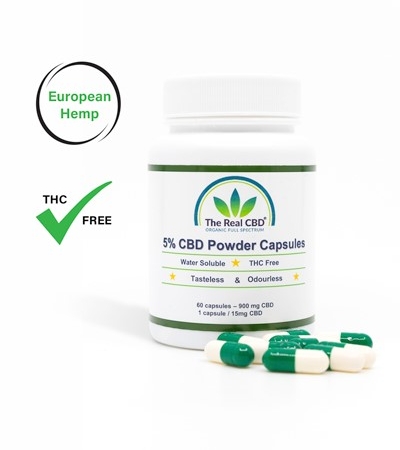 CBD Capsules – Water Soluble 5%€59.00
CBD Capsules – Water Soluble 5%€59.00 -
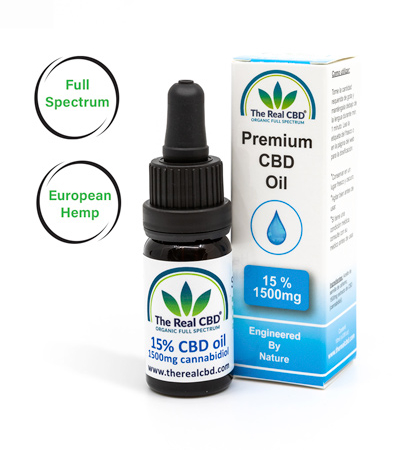 15% Pure CBD oil€80.00 – €85.00
15% Pure CBD oil€80.00 – €85.00 -
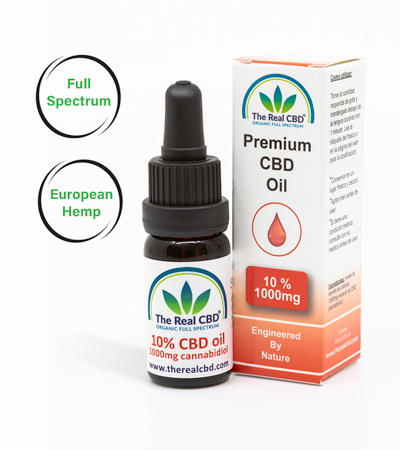 10% CBD oil€55.00
10% CBD oil€55.00 -
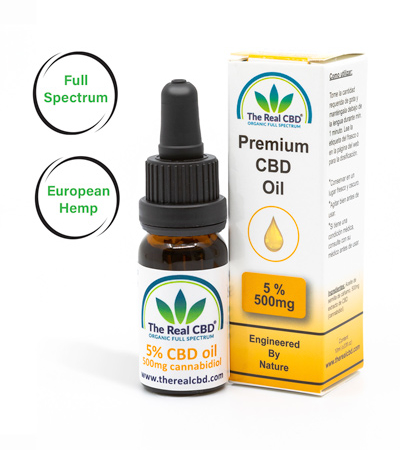 5% Pure CBD oil€29.00 – €35.00
5% Pure CBD oil€29.00 – €35.00 -
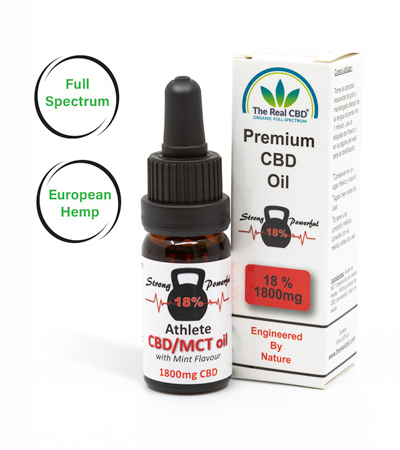 Athlete MCT/CBD oil 18%€90.00
Athlete MCT/CBD oil 18%€90.00 -
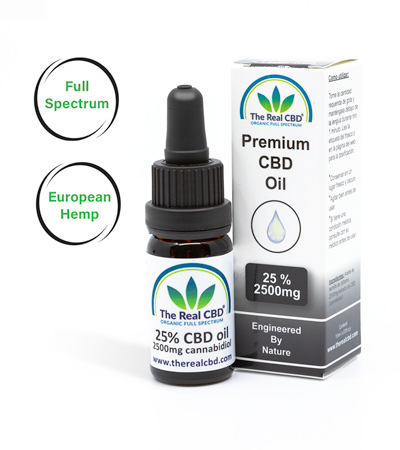 25% Pure CBD oil€139.00
25% Pure CBD oil€139.00 -
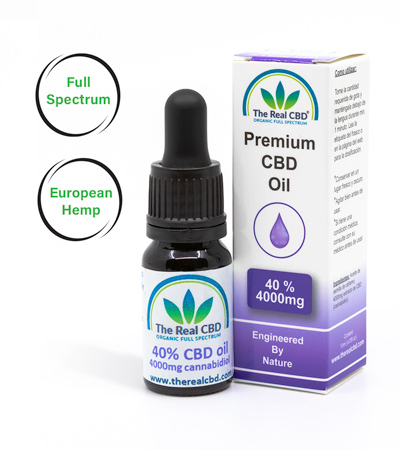 40% Raw CBD Oil€189.00
40% Raw CBD Oil€189.00 -
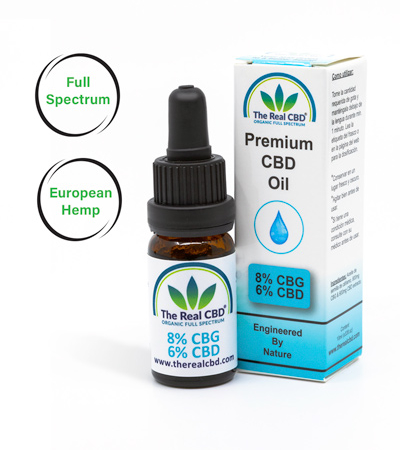 CBG/CBD oil€87.00
CBG/CBD oil€87.00 -
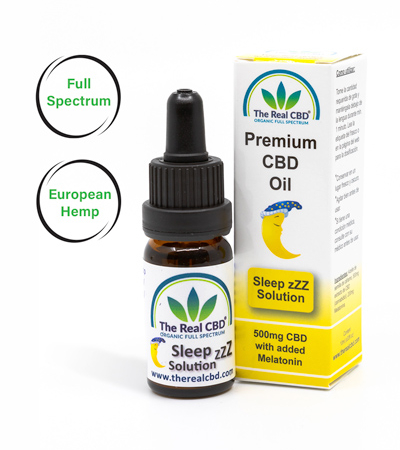 CBD Sleep Solution 10%€50.00
CBD Sleep Solution 10%€50.00 -
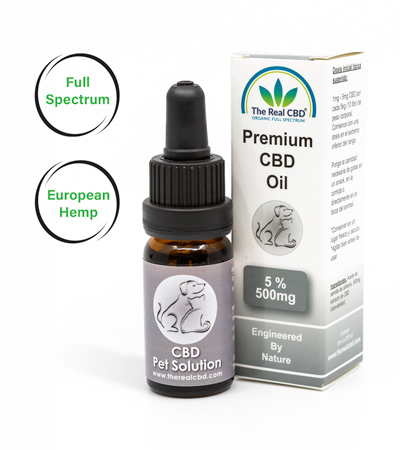 5% CBD oil for Pets€29.00
5% CBD oil for Pets€29.00 -
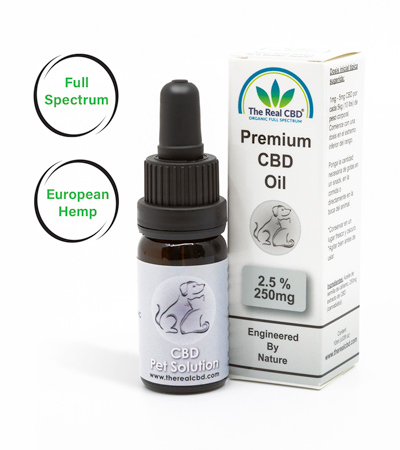 2.5% CBD oil for Pets€15.00
2.5% CBD oil for Pets€15.00 -
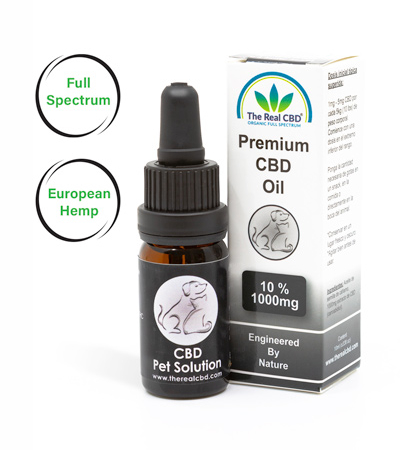 10% CBD oil for Pets€55.00
10% CBD oil for Pets€55.00

I am a certified expert in Medicinal Cannabis. We are all about giving correct and trustworthy information. We know how important it is to learn about CBD and cannabis, which is why we want to be your go-to source for trustworthy information. We help you improve your health by using our knowledge and experience as a starting point.


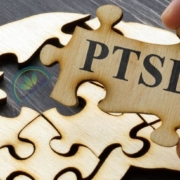


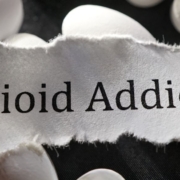
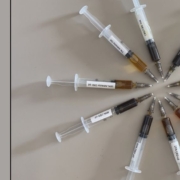
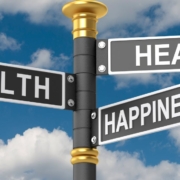





Leave a Reply
Want to join the discussion?Feel free to contribute!